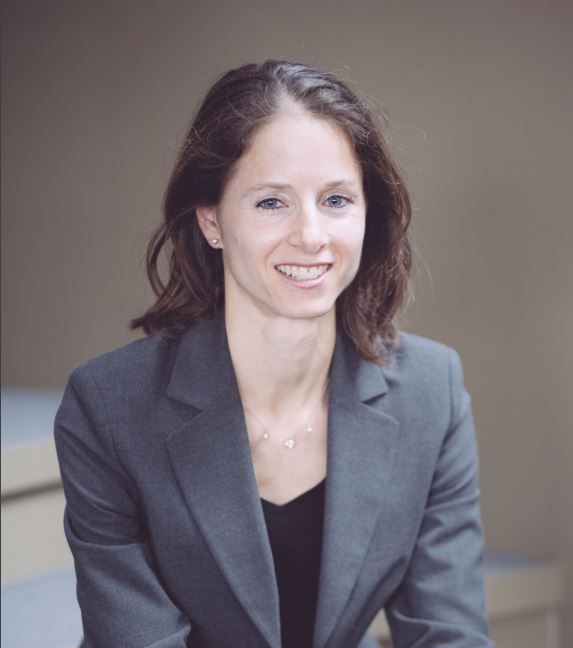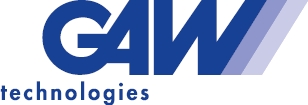Chamber of Commerce interview with Nina Pildner-Steinburg

Interview from the Austrian Chamber of Commerce/ Metal Technology Industry with Nina Pildner-Steinburg, CEO of GAW technologies GmbH
From small business to global technology leader
We no longer speak of the “Grazer Armaturen Werk” (“Graz valves factory”), which was founded 69 years ago, but of the global GAW Group with more than 500 employees. We asked the managing director of the largest operational business unit, GAW technologies GmbH, and member of the Metal Technology Industry committee, Nina Pildner-Steinburg, about the current situation, the major challenges and how she sees the future of the metal technology industry.
Nina Pildner-Steinburg is the CEO of the industrial plant construction company GAW technologies GmbH in Graz/Austria (which is owned by her family), and a committee member of the Metal Technology Industry as well as vice-president of the Styrian Federation of Industry.
Based on the principles of sustainability, independence and continuity, which are still valid today, the small company founded by Erhardt Pildner-Steinburg developed under the management of his sons Jochen & Jörg into an international process engineering industrial plant manufacturer in the fields of paper and cardboard, fiber-reinforced composites and plastics recycling management.
What distinguishes your company or your activity?
Nina Pildner-Steinburg: Entrepreneurial spirit, courage and a consistent international orientation have shaped us since our foundation in 1951. We serve markets in almost all regions of the world and are very proud of the extensive and in-depth technological expertise that we have acquired over the past decades. Our process engineering know-how is particularly in demand in the paper and cardboard industry. Especially when it comes to the fully automated production of pigments, the preparation of coating colour, starch and chemicals or the recycling of process wastewater. With similar technologies, we are anchored in the segment of fiber composites and in the field of plastics recycling we are currently in the process of positioning and establishing ourselves accordingly.
What are the major challenges of the current time?
Nina Pildner-Steinburg: The travel restrictions in countries outside the European Union are a very big challenge for us. We either cannot enter at all our largest foreign markets or exceptions are difficult to achieve. In addition, air traffic between a number of countries has been limited or totally canceled. Therefore we are being kept from putting our systems into operation, so we cannot meet our contractual obligations. But this is not only the case for us and many companies urgently need political support here. International business trips are a necessary success tool for a strong export nation and have nothing to do with classic vacation trips!
As a committee member, how do you see the future of the metal technology industry in general?
Nina Pildner-Steinburg: The metal technology industry is certainly facing enormous challenges, especially since there is persistently great uncertainty in the most important export markets. It is all the more important that our companies are strengthened in their trust in the location. Investments can only be made and employment created if there is planning security and the appropriate framework conditions are in place.
How do you rate Styria as an international location?
Nina Pildner-Steinburg: Styria is an industrial location and the companies are positioned very well - they are innovative and highly adaptable. In order to be able to lead the location and the people living here into a good future, two aspects are essential: On the one hand, comprehensive and above all targeted measures to advance digitization in a wide variety of areas. On the other hand, we need investments in production, innovation and education. In addition to this, the European "Green Deal" must be designed in a way that Styria needs fair and internationally comparable framework conditions for all those companies that have to use a lot of energy and resources for their added value.
Thank you very much for your time, Ms. Pildner-Steinburg, and we wish you all the best!
November 2020
Link to Interview / Website Austrian Chamber of Commerce (in German)

